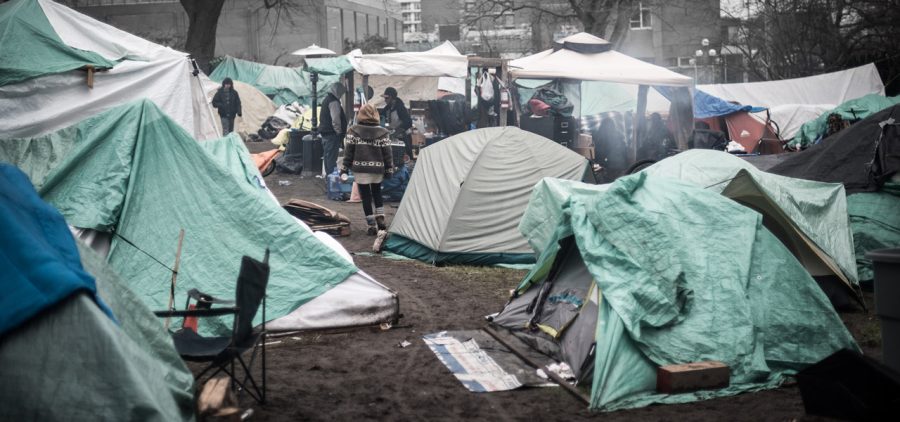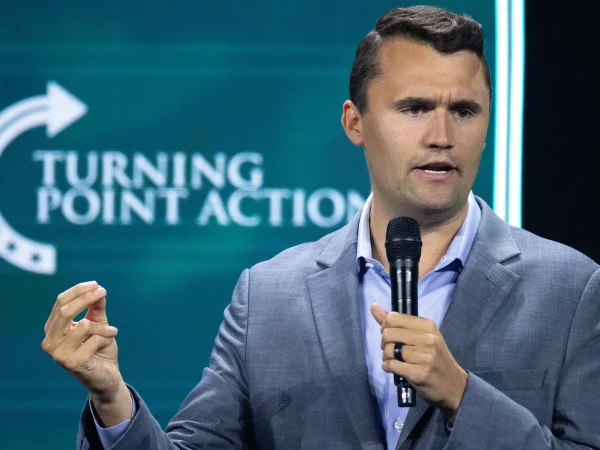Poverty and Unemployment Show Intense Difficulties
Poverty has been affecting people around the world for many years now. With the impact from the COVID pandemic, poverty has worsened.
Throughout the entire world there has always been a significant problem with unemployment. However, due to the ongoing coronavirus, unemployment shot up tremendously. By April 2020, the entire labor force decreased 60.2 percent, according to the experts at the Congressional Research Service.
“I think the governments and people can work together better and help with the people that can’t wake up in the morning and know that they have food to eat and water to drink wherever they are. Unemployment has made changes to this world that people will never forget. I believe people and the government can work through this and bring the people back together,” Orono High School parent John Olsen said.
According to the World Bank, around 9.2 percent, or 689 million people of the world’s population live in extreme poverty. However, poverty is decreasing throughout the entire world, excluding Sub-Saharan Africa. Forty percent of the population in Sub-Saharan Africa live below the United States poverty line of $1.90 per day. Other countries in Africa have had decreasing rates of poverty as well.
“In my opinion poverty and unemployment usually go hand and hand. If you’re unemployed you would most likely be in poverty. Poverty is not having enough money for your basic needs and essentials. The pandemic has made poverty worse. Even though more people after the pandemic hit its peak, more people were being employed and receiving money from the government, the poverty rate increased immensely over the pandemic,” college student Haley Paulson said.
Not only are people not able to afford housing, food, water, transportation, and jobs, they also are not able to afford their health costs, especially with the coronavirus going around the world right now; the people of Sub-Saharan Africa are struggling to stay alive.
According to the experts at Reuters, South Africa’s recent unemployment rates have shot up tremendously to a record high of 35.3 percent in the fourth quarter of 2021 – it shot up almost an entire percent from the third quarter. South Africa is mainly losing their manufacturing and construction.
There are numerous different ways people are losing their livelihoods because they are not able to afford the basic essentials. The lack of support for children of impoverished families often face inconsistencies when it comes to having needs met. For instance, the children will most likely get small amounts of food. They also won’t necessarily have an education, leading to further poverty in the future. This shows that there must be something done to save the people now, so the future generations will have access to shelter, nutritious foods, medicine, and the support and education needed for survival.
According to Bruce Meyers, who teaches a large number of things such as poverty and inequality, tax policy, and government safety net programs such as unemployment insurance, the people that are able to get access to unemployment help and insurance, or who could have lower-wage jobs had a lot of their earnings replaced. Although the middle-class people who ended up losing their jobs had a smaller fraction of their earnings actually replaced.
Poverty and unemployment will continue to be a problem until there is a solution that will save millions of people. In areas such as Tanzania, Chad, the Democratic Republic of the Congo, and other countries, many have made significant strides in reducing poverty levels. The coronavirus made such an impact on the world, especially the workforce. However, there is the Fiscal Policy: the use of government spending and taxation to influence the economy, and establish geographical subsidies to encourage firms to invest in depressed areas. If they use the Fiscal Policy, there will be a significant chance more people will start getting employed.























































